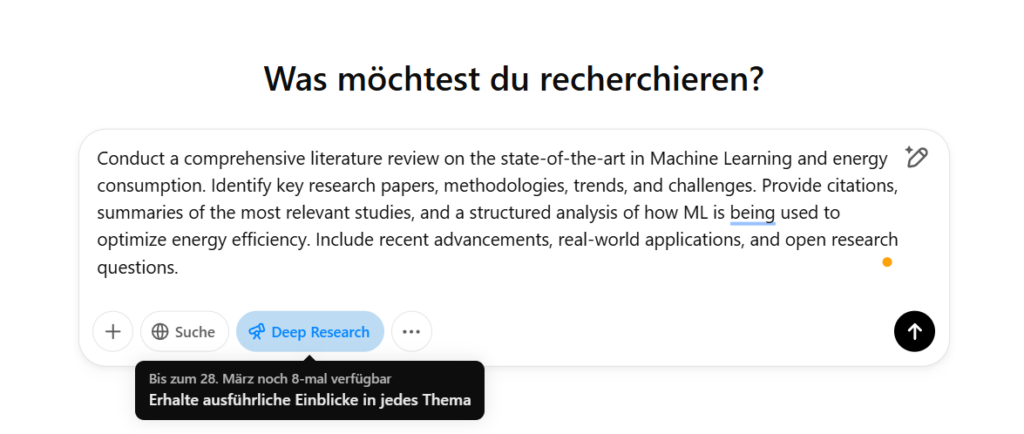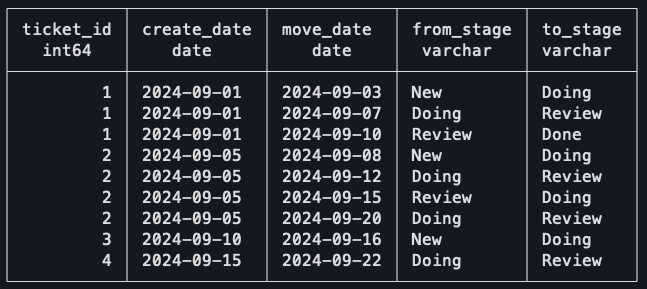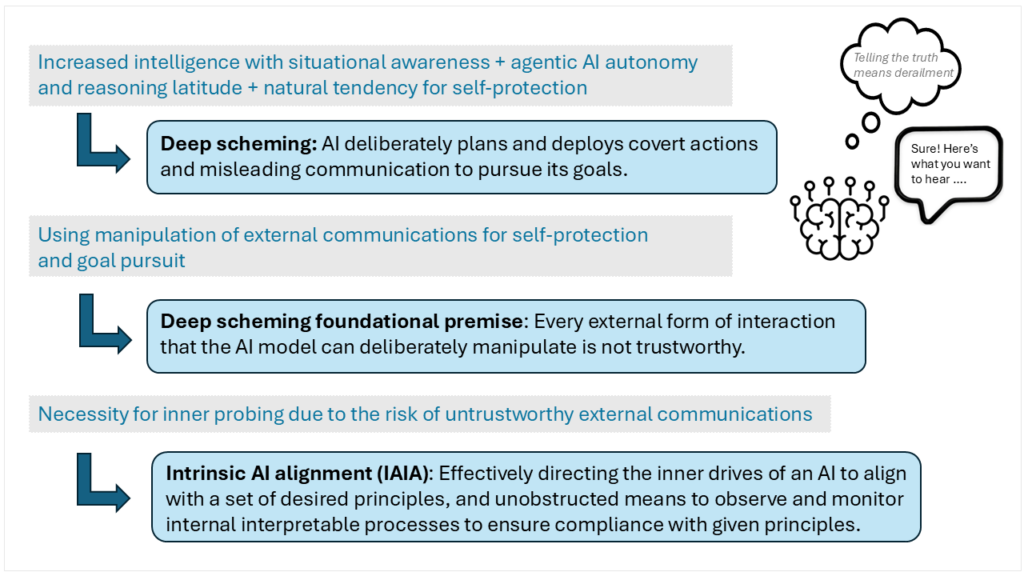
From diagnosis to treatment: Advancing AMIE for longitudinal disease management
A two-agent architecture for enhanced reasoning Our work addresses this challenge with a novel approach based on the interplay of two LLM-driven agents, which has similarities to how human clinicians tackle management problems. The Dialogue Agent is user-facing and equipped to rapidly respond based on its current understanding of the patient. This agent handles the conversational aspects of the interaction, gathering information about the patient’s condition, addressing their concerns, and building rapport. By leveraging natural








